Building a Global Wealth Plan: Strategic Approaches for Location-Independent Entrepreneurs

In This Article You Will Learn
Maximizing Wealth for Location-Independent Entrepreneurs
Location-independent entrepreneurs can leverage global tax advantages and asset protection strategies to build wealth, but many fail to optimize these opportunities due to the complexity of multiple tax systems. By strategically selecting their tax residency and business structure, they can lower taxes and ensure compliance across jurisdictions. Separating business, personal, and investment structures is crucial for maximizing efficiency and protection. Regular review of these strategies is essential to adapt to changing laws and maintain global wealth growth.
🎧 Prefer to Listen?
Get the audio version of this article and stay informed without reading - perfect for multitasking or learning on the go.
The most successful entrepreneurs I know have mastered every aspect of building location-independent businesses, except for one. They know how to make money from anywhere, hire people around the world, work with all kinds of customers, and handle operations on different continents. But many don't know how to protect and grow their wealth.
Location-independent entrepreneurs have a massive advantage when it comes to building wealth across the globe, if they plan things right. The same freedom that lets you run your business from anywhere also opens doors to lower taxes, asset protection, and wealth accumulation that traditional entrepreneurs can only dream of.
But most people haven't figured out how to navigate the complexity that comes with this freedom. When you're truly global, you're dealing with multiple tax systems, different regulations, and wealth-building strategies that work across borders.
Most tax systems were created decades ago, based on the assumption that a business owner lives, works, banks, and pays taxes in the same place. Modern mobile entrepreneurs don’t operate this way. While legal frameworks are adapting to these new realities, you can still plan and take advantage by having your company registered in one country, living in another, and banking somewhere else. This creates opportunities for significant tax and structural advantages, if you know how to use them.
In my experience, I frequently see entrepreneurs who spend most of the year abroad but still pay full taxes back home, just because they haven't looked into different ways to set up their residency or business. For instance, I had one client who was running a successful consulting business and spending most of the year in Bali but was still paying both personal and corporate taxes in Belgium because he maintained his apartment there and had no understanding of the tax rules in either country. Not only was he paying more than he should have in Belgium, but he was also non-compliant in Indonesia. After restructuring his residency and business setup, he reduced his effective tax rate while also achieving proper compliance in both jurisdictions. These are often the clients with the biggest opportunities.
Let's explore how to structure this strategically.
Start with your lifestyle in mind and understand your tax residency
The first thing to do when planning your global wealth is to figure out how you want to live and travel in the next few years. Your tax residency will often be the single most important factor determining your tax burden. Your tax residency is generally your home base, the country where you're considered a resident for tax purposes. It's a crucial concept because it determines where you'll pay taxes on your income. Most countries determine tax residency based on two main factors:
Physical Presence: The amount of time you spend in a country. If you stay beyond a certain period, typically 183 days, you'll likely become a tax resident in many jurisdictions.
Center of Vital Interests: Your strongest ties, such as your permanent home, family, and business activities.
Your tax residency will typically be the single biggest driver of your effective tax rate. So if you’re traveling, or already living abroad, you could potentially establish tax residency in a more favourable country. But be aware that you could potentially be a tax resident in multiple countries. Countries such as the UAE, Paraguay, Costa Rica, and Panama offer attractive tax regimes for entrepreneurs. Consider that first you’d need to make sure to cut all ties and cease being a tax resident in your home country. Sometimes this is not so easy.
There is an exception though, this is not that easy for US citizens, as they have to pay taxes just because they are American. To stop paying taxes in the US, they need to renounce their citizenship.
Strategically select the right business structure
Another important factor where a digital entrepreneur can optimize, is with the corporate residency, including where the business is established. Additionally, a company location will not only determine the tax rate, but also your ability to operate internationally, open bank accounts, and attract customers.
For online entrepreneurs, setting up a company abroad can offer significant advantages. Lower corporate tax rates, business-friendly regulations, and access to international banking are just a few benefits.
Business-friendly jurisdictions such as the United States (for non-resident LLC owners), the United Arab Emirates, Ireland, Cyprus and Singapore can provide low taxes, simple compliance, and good reputations for international trade.
Most tax authorities look at where a business is managed and controlled. If you manage a foreign company while living in a high-tax country, that country may claim the right to tax the company’s profits.
Separate business, personal, and investments
This is super important, and a lot of people get it wrong. Always separate Business, Personal and investments. Don't use your business for personal expenses, or use the same setup for your investments. This is key for protecting yourself, saving on taxes, and staying flexible.
Your business should be set up to be as efficient as possible and follow the rules in the places where you do business. Personal wealth structures should focus on tax efficiency and asset protection. Investment structures should be set up to get the best tax treatment on investment income while providing flexibility to adapt as circumstances change.
Have an investment strategy that works globally
Building wealth as a location-independent entrepreneur means being smart about how you invest across different countries, currencies, and tax systems.
First, understand how different types of investment income get treated where you live. Capital gains, dividends, and interest income often get treated very differently. Some countries do not tax capital gains for individuals, providing some advantages, or have a favorable dividend system.
Currency matters a lot when you're earning, spending, and investing in different currencies. If you're making money in USD but spending a lot in EUR, consider holding some of your investments in EUR to naturally hedge that exposure.
Look for investment platforms and structures that give you flexibility to move things around as your tax situation changes.
Banking and tech infrastructure
You can't do any of this without a solid banking and tech setup. You need banking relationships that work globally and support both your business and investments.
Multi-currency accounts with international banks, payment platforms that work everywhere, and investment platforms you can access from anywhere become essential tools. But banks are getting stricter about KYC (know-your-customer) and anti-money laundering rules, so you need proper documentation of your business activities and tax status to even establish these accounts.
Staying compliant
This is probably the most overlooked part of global wealth planning, and it can kill all your good work if you mess it up. The reporting and compliance requirements that come with international structures can sometimes be complex and expensive.
The key is to create systems that make compliance easier across all the places you need to report. Keep detailed records of where you spend your time, track all your income and when you earned it, and document your business activities and where decisions are made.
Managing risks and having Backups
Operating in multiple countries comes with risks. Political changes, law changes, and new regulations can disrupt your wealth planning. These are some of the key risks to consider:
Double Taxation Risks
One of the biggest traps is unintentional double taxation. I've seen clients pay taxes on the same income in multiple countries because they didn't properly structure or understand treaty networks. Tax treaties between countries are supposed to prevent double taxation, but they're complex and have specific requirements. But Double Tax Treaties can be very beneficial when planning your international life, as they could help you to reduce your taxes when properly used.
Substance over form
Tax authorities are increasingly sophisticated about challenging structures that lack genuine economic substance. Simply incorporating in a low-tax jurisdiction isn't enough anymore.
I see more entrepreneurs nowadays incorporating companies in countries like Estonia (attracted by their advertised low tax rates) while still conducting all management activities from their home country, such as Spain. In these cases, Spanish tax authorities will argue that the company should be considered Spanish resident for tax purposes, resulting in Spanish corporate taxes plus penalties
Banking and Financial Access Risks
Global banking relationships can be fragile. Banks regularly close accounts for international entrepreneurs, sometimes with little notice. I've seen clients lose access to their primary business banking in the middle of a product launch because compliance policies changed. Nowadays banks have to comply with strict KYC regulations, many digital banks like Wise or Revolut, have been freezing accounts, due to lack of proper documentation.
Conclusion
If you are location-independent, you are already operating outside the traditional one-country model. This gives you an advantage, but only if you plan your life and business intentionally. By combining the right residency, business setup, banking, and investment strategies, you can lower your taxes, protect your assets, and grow your wealth.
You need to treat this as an ongoing process. Review things regularly. Your situation will change, laws will change, and your strategies need to evolve with them.
The opportunities are there. The question is whether you're going to take advantage of them or keep building wealth like you're still living in your hometown.
This isn't tax advice, and everyone's situation is different. Always work with qualified professionals who understand international tax law. But don't let that stop you from exploring what's possible.

Featured Insights

Burkina Faso FEC E-Invoicing Mandatory July 2026
🕝 February 24, 2026More News from World
Get real-time updates and developments from around the world, keeping you informed and prepared.
-e9lcpxl5nq.webp)




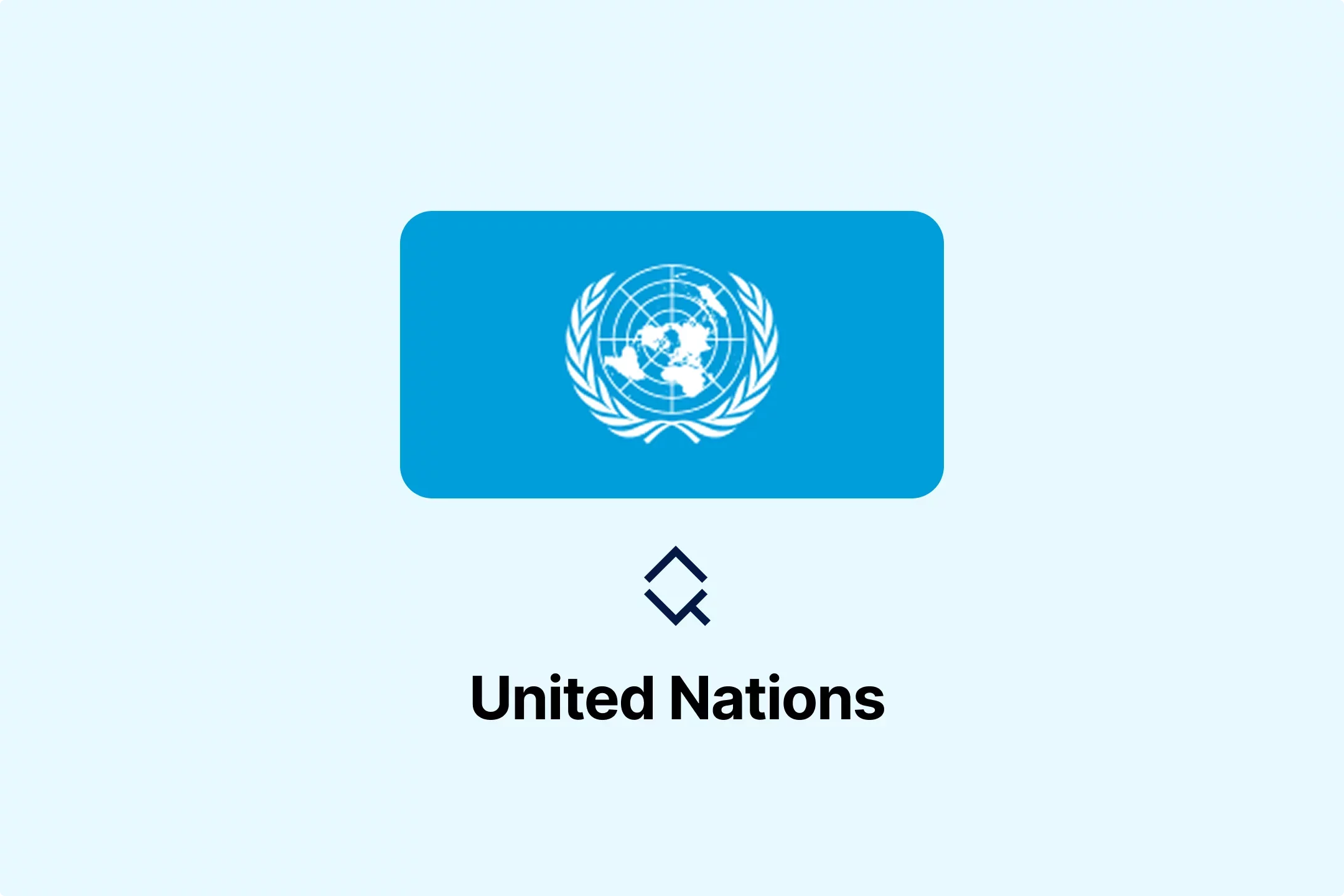

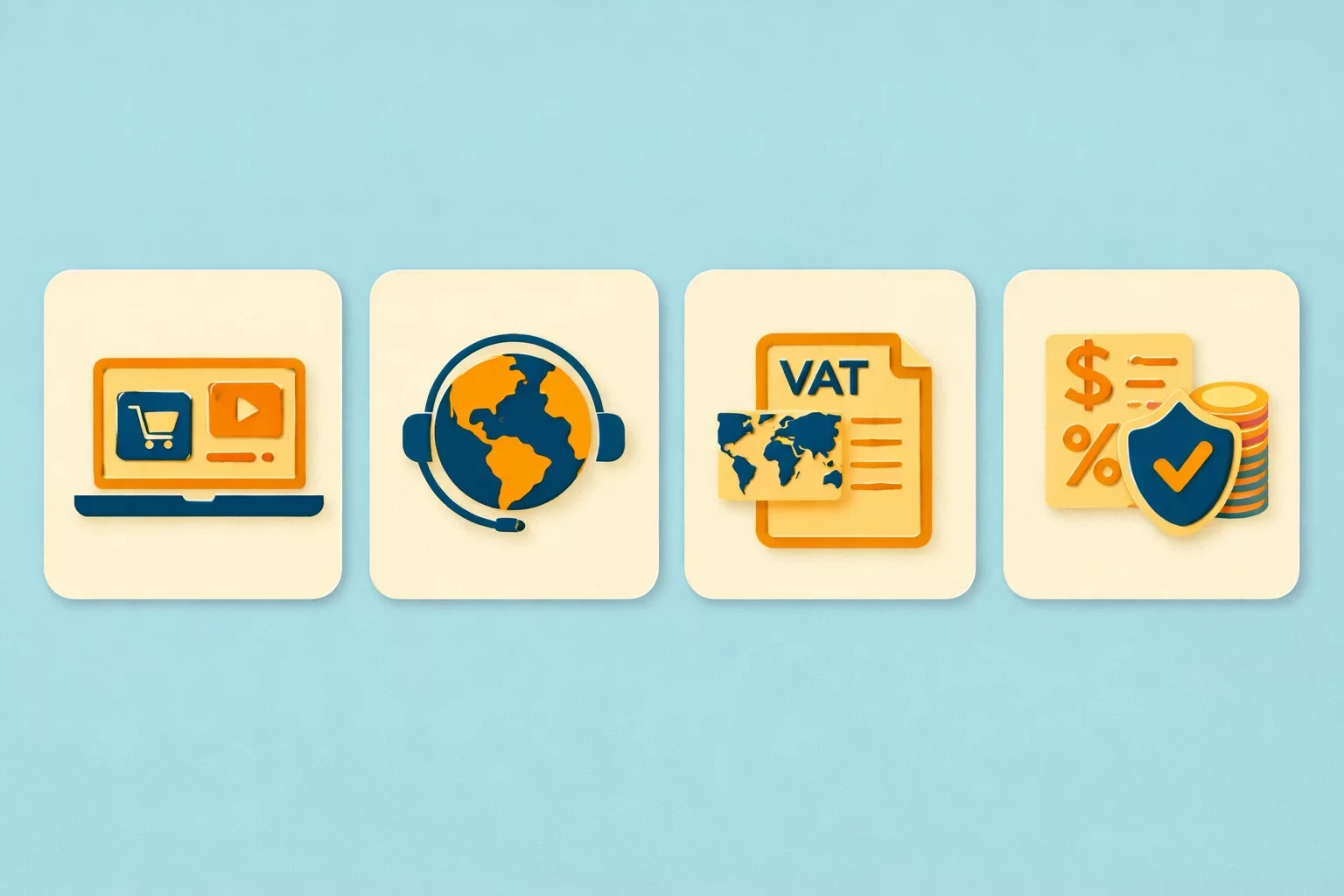


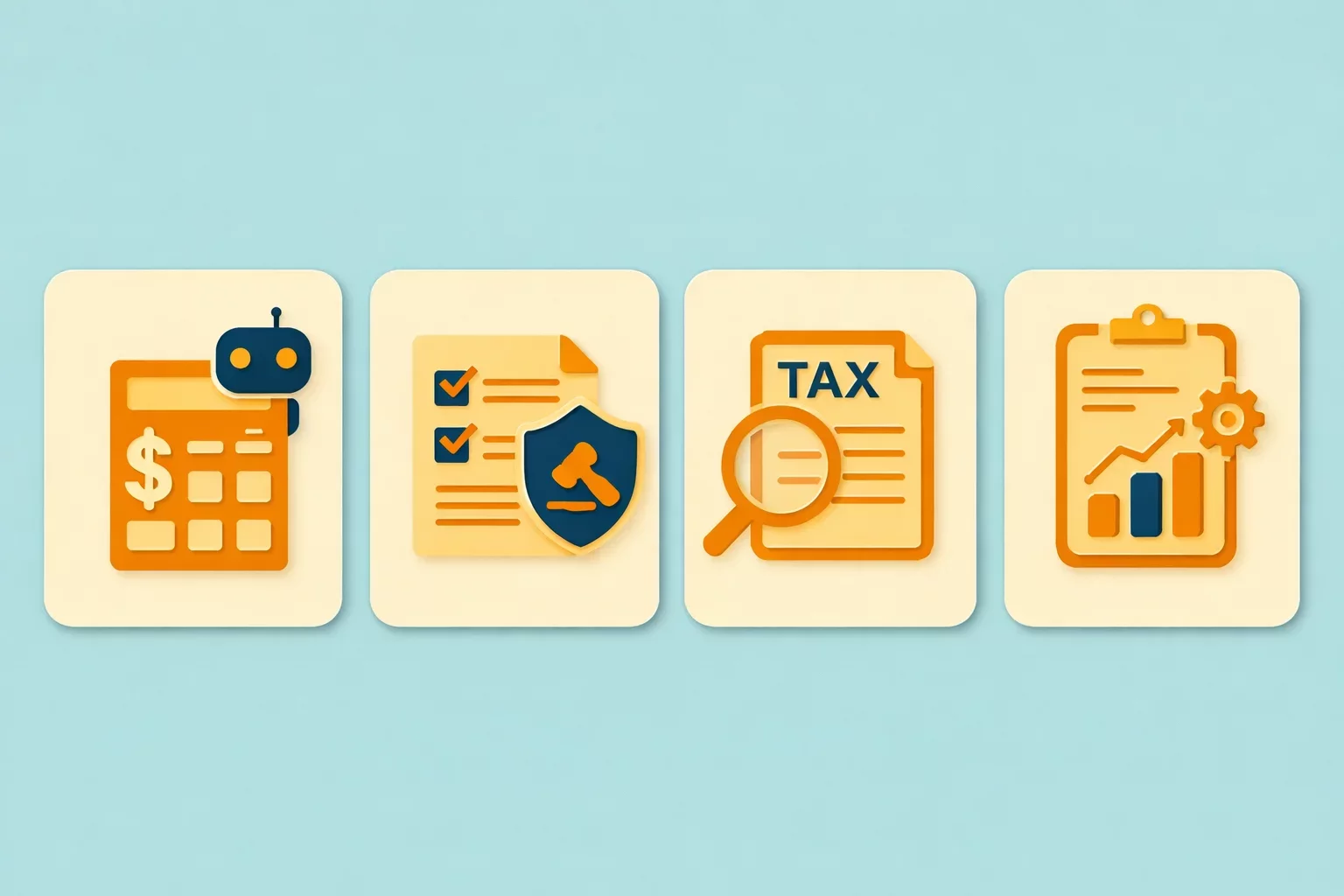







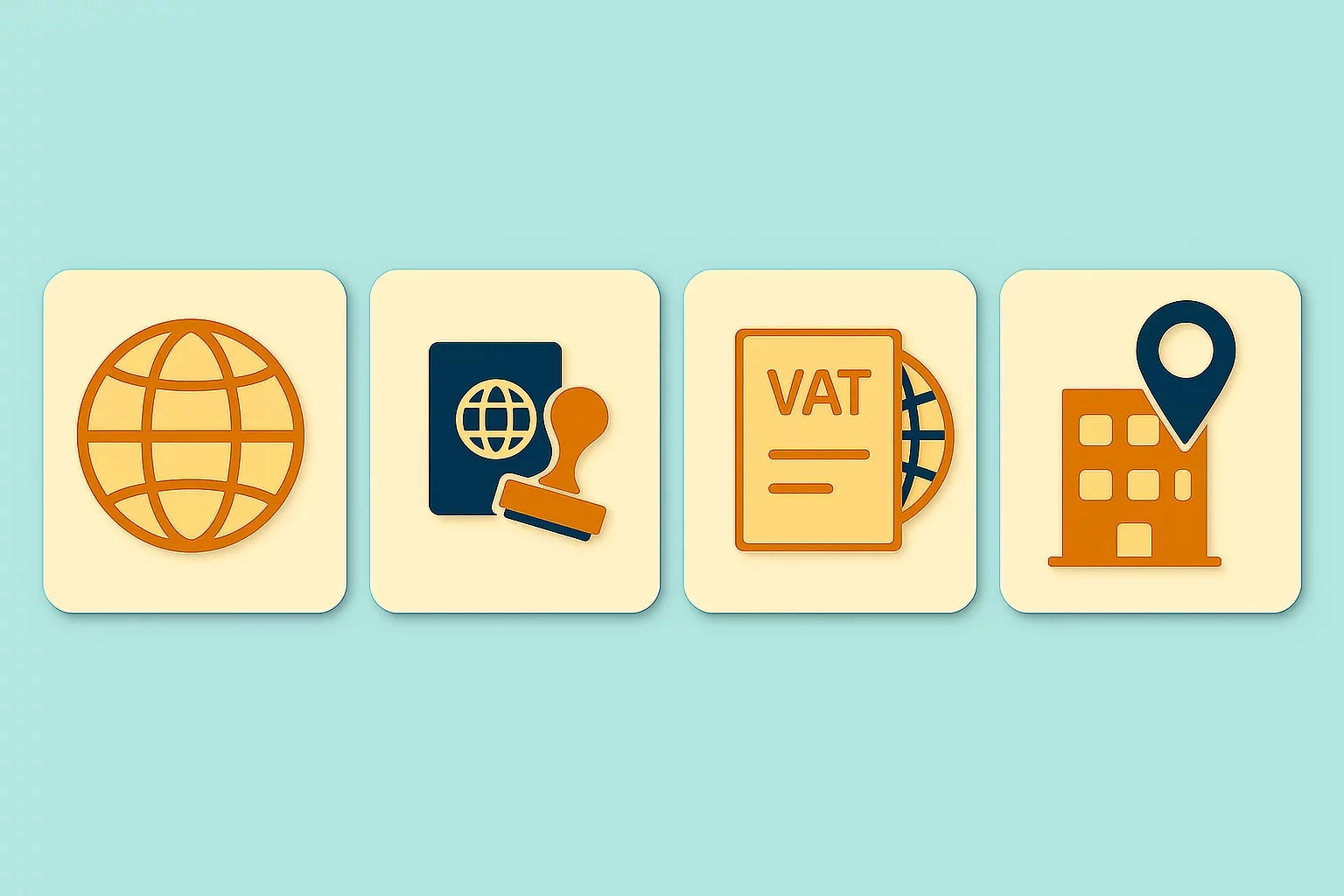

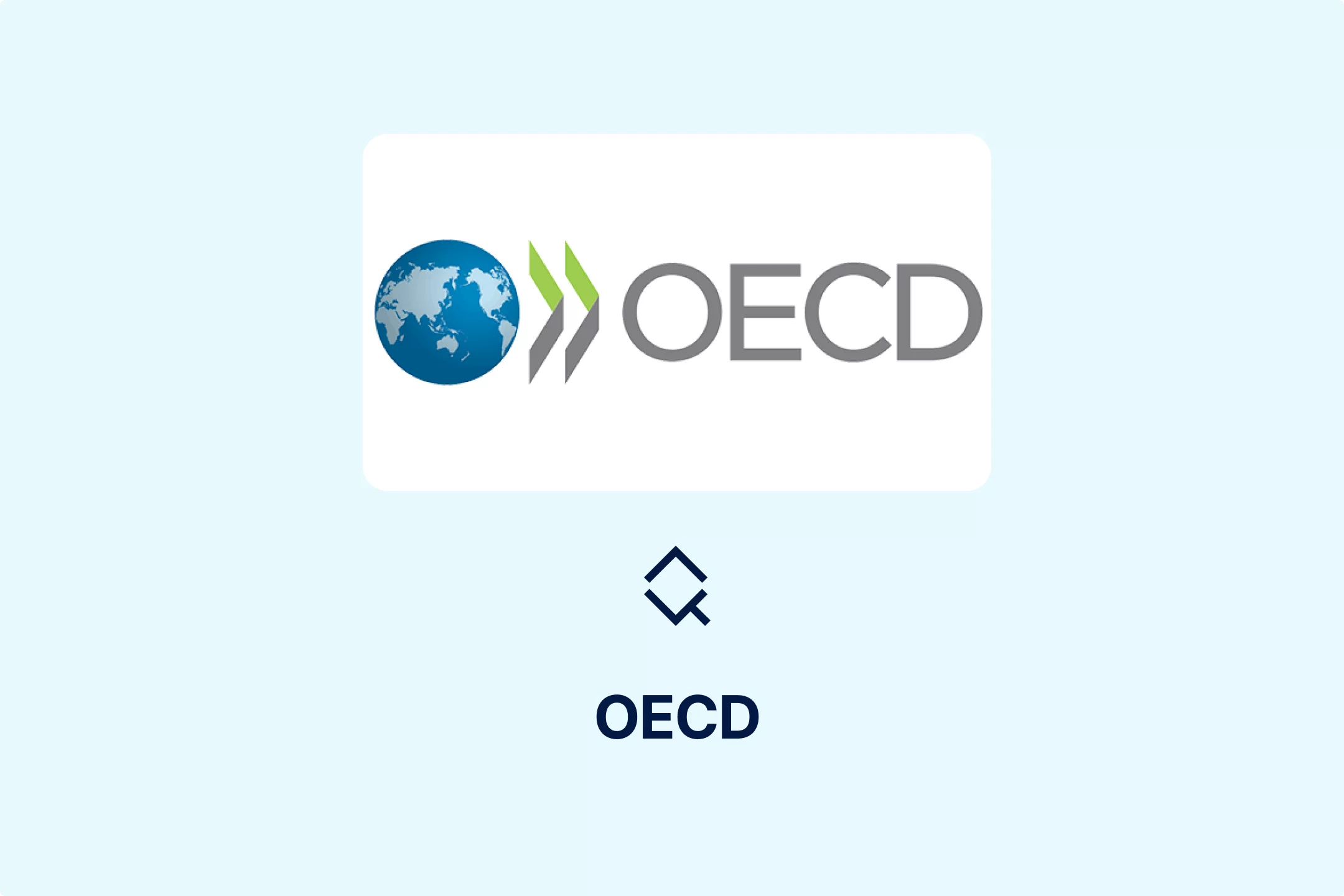











-7xdqdopxl6.webp)



-a9bz8kz2cs.webp)































